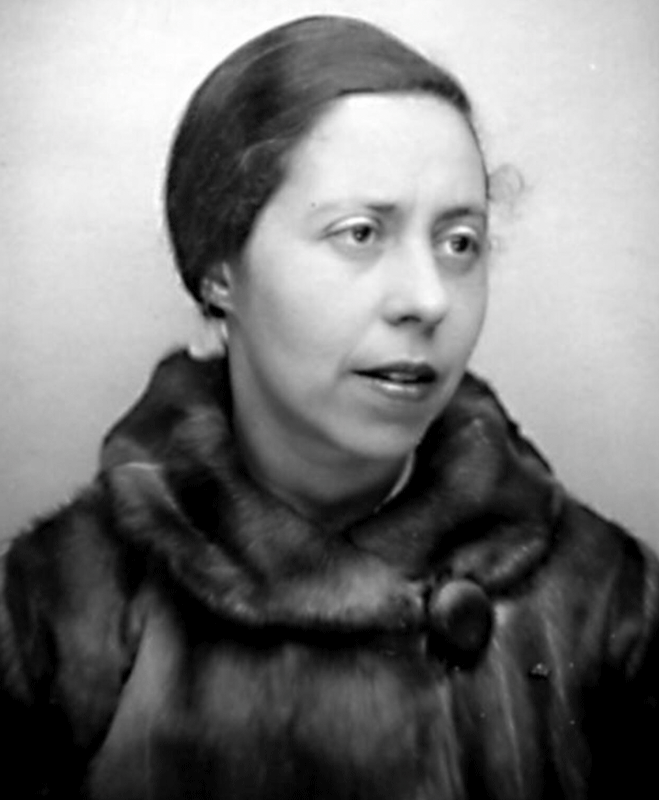“How sad the world is, so beautiful yet so absurd...
"
Irène Némirovsky
Born in Kyiv, Ukraine in 1903, Irène Némirovsky later moved with her Jewish family to reside and set up business in St Petersburg, Russia. After the destabilising effects of the Bolshevik Revolution, the family emigrated first to Finland, and eventually settling in Paris. Irene earned a literature degree at the Sorbonne in 1926 and married Michael Epstein that same year. She would go on to publish her best-selling novels David Golder and Le Bal. By the time that Germany invaded Poland, Irene and her husband had two small children, Denise and Elisabeth.
Under the Nuremberg Laws of 1935, the marriage of Jews with Germans were forbidden, and those of Jewish race were barred from any professional employment. With the onset of war between France and Germany, Irene had her daughters baptised and converted to Catholicism as a precaution. When Germany began its occupation of France in May 1940, Irene and Michael then sent their daughters out of Paris for their protection.
The Nazi regime would commence their quest to eliminate Jews from society in France as they did in Germany. Many fled Paris while many others went into hiding. Snubbed by editors and former friends, and now forced to wear a yellow star, Irene left Paris with her husband to join their daughters in Issy-l’Eveque, a village south.
Irene could not have foreseen she was writing the beginnings of her own sad and early demise, since Suite Française was just two of five planned volumes. Though a work of fiction, her words are true to her own experiences in the lead up to the mass exodus of Jews from Paris in 1940, and the subsequent unjust treatment and fear living under occupation. For this young family and other French citizens, such experiences were demoralising and their lives based around survival.
Unfortunately, conversion to Catholicism wasn’t enough to protect them. In July 1942, Irene was arrested and sent to Auschwitz where she died a month later from typhus. In coming months, Michael was sent there also and executed in the gas chambers on arrival. However, their children were spared from the same fate. The French gendarmes sent to arrest the children told them to grab their possessions, which included their mother’s writings, and hide. And for the remainder of the war, they were kept hidden by teachers and friends in convents and safe houses.
Knowing all the steps taken towards a ‘final solution’ for Jews, Suite Française is an oftentimes emotional and difficult read. It shows the turmoil and displacement of ordinary people as well as those conflicted by the tasks they were ordered to carry out. But it is also a testament to Irene’s skills of observation and her ability to convey with authenticity the flaws and strengths of both her countrymen and their occupiers.
In 1990, Suite Française was finally released by their daughters and published. The novel now a much-lauded legacy of a talented author whose life was cut short at thirty-nine.
Gemma Liviero
August 2022
References and Further Reading
https://jwa.org/encyclopedia/article/nemirovsky-irene
https://encyclopedia.ushmm.org/content/en/article/france
https://encyclopedia.ushmm.org/content/en/article/introduction-to-the-holocaust
https://encyclopedia.ushmm.org/content/en/article/combating-holocaust-denial-evidence-of-the-holocaust-presented-at-nuremberg
Images: JWA, Goodreads, Amazon
|

